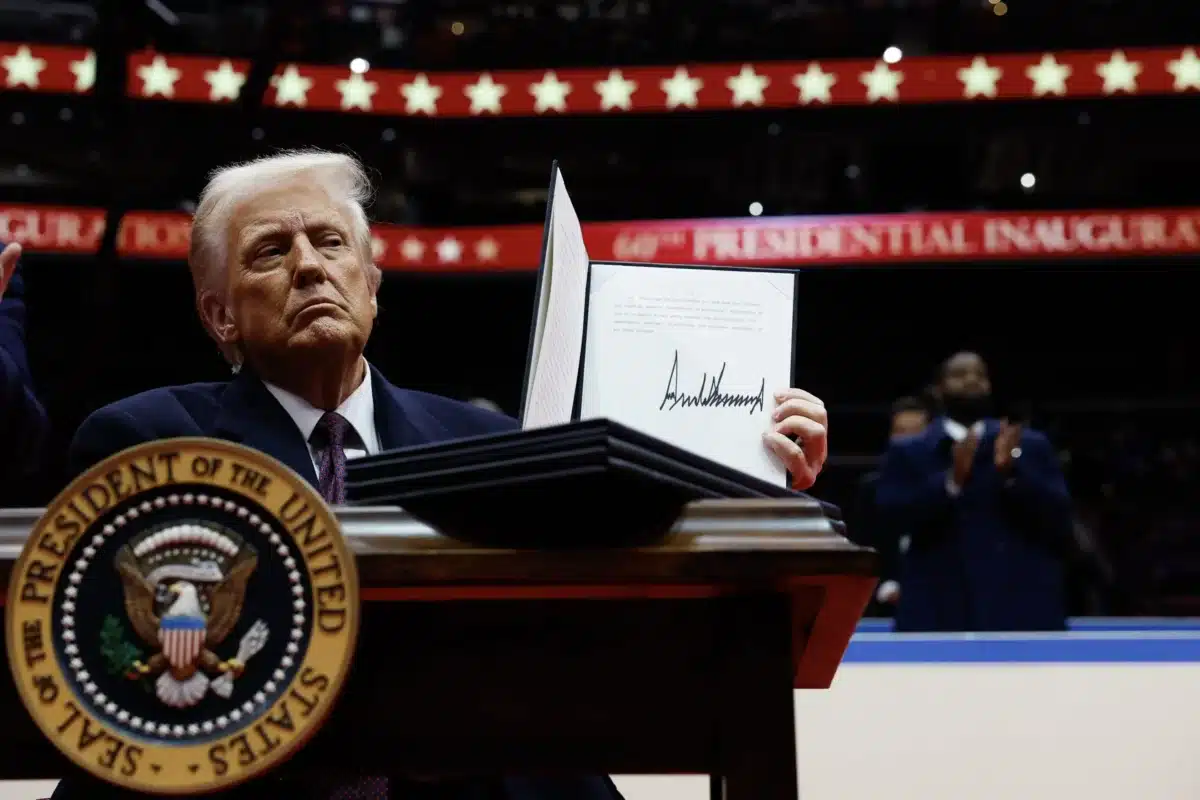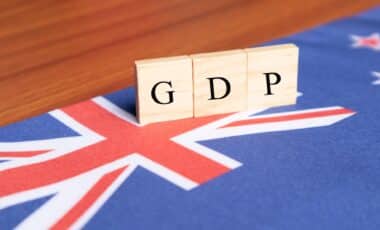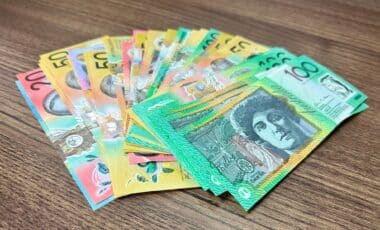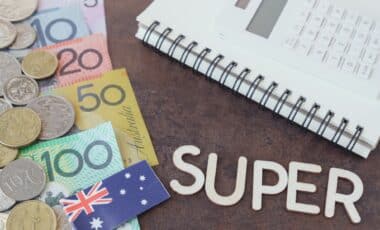US President Donald Trump has hinted at the possibility of an exemption for Australia from the 25% tariffs on steel and aluminium imports, citing the trade surplus the United States has with the country. This consideration comes as Trump looks to recalibrate his trade policies amid escalating trade disputes with other nations.
In an unexpected move, the President’s remarks focus on Australia’s unique position in the international trade landscape. Unlike most nations, the US enjoys a substantial trade surplus with Australia, leading some to believe this could play a pivotal role in future tariff negotiations. The potential exemption would not only mark a significant shift in US trade policy but also highlight the growing importance of bilateral relationships in global commerce.
The Basis of the Trade Surplus
According to the Office of the United States Trade Representative, the US recorded a trade surplus of approximately $14.3 billion with Australia in 2023. This positive balance is a rare occurrence in America’s trade relationships, with other nations, such as China, often running deficits with the US. The surplus is driven in part by Australia’s exports of goods, including steel and aluminium, to the US.
Scott French, a senior lecturer at the University of New South Wales, explains that this trade surplus is significant in Trump’s assessment of bilateral trade relationships. For Trump, a country that exports more to the US than it imports is seen as contributing positively to the US economy, thus making it a candidate for tariff exemptions.
This dynamic between the US and Australia could be a decisive factor in discussions surrounding the steel tariffs, which are set to impose a 25% tax on imported steel, making it more expensive for US companies to purchase foreign products.
Political Considerations and Diplomatic Negotiations
Despite President Trump initially stating that there would be “no exceptions or exemptions,” the Australian government has continued to push for a favourable outcome. Prime Minister Anthony Albanese has engaged in constructive talks with the US administration, aiming to secure an exemption for Australian industries and jobs.
According to Treasurer Jim Chalmers, the Australian government has presented a strong case, emphasising the mutually beneficial economic ties between the two countries. This diplomatic effort mirrors past negotiations when former Australian Prime Minister Malcolm Turnbull successfully obtained an assurance that Australia would be considered for a tariff exemption.









